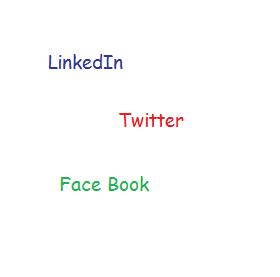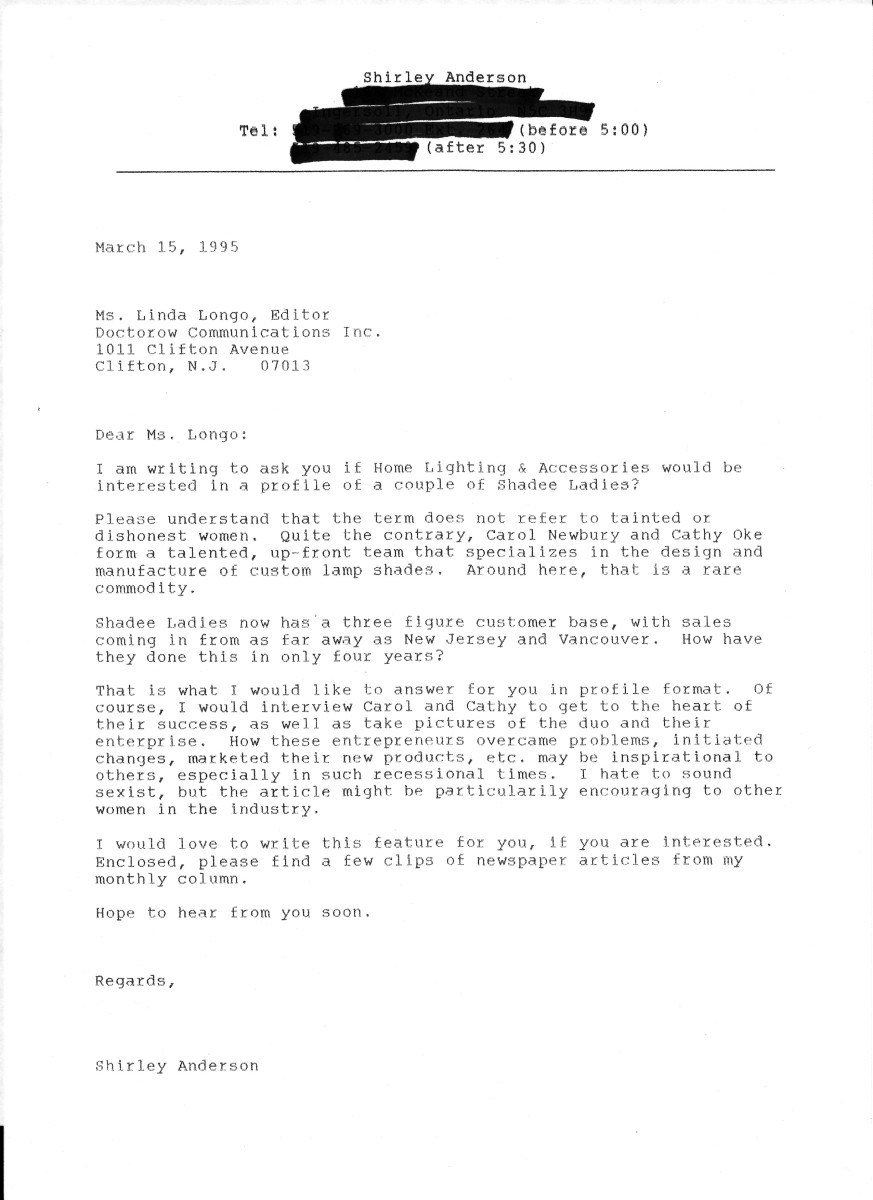How to Build Credibility as an Author




By Joan Whetzel
Ayn Rand once said that "a creative man is motivated by the desire to achieve, not by the desire to beat others." That is certainly the case with writers. Writing fulfills our desire to create as reading what others have written inspires our imagination. While it's true that some author's hit the big time quickly - and easily, it seems - that is not the way of most authors. Knowing up front that it is unlikely that we will become famous, and rich, as an author frees us to be creative and enjoy the writing process without the cumbersome burden of having to get out there and become rich and famous right out of the chute. It allows us the time to build our writing skills and our credibility for the day when we will be able to earn a steady income from writing. For a steady income in writing, one needs to build that credibility, which means selling one's expertise more than selling books and articles.
Writing Online for Websites
One way to find out which sites are the best to write for is to start searching the internet. Look for articles that appear regularly on specific websites. Those sites that recur the most should be the first ones a writer looks at. Investigate these sites for:
· writer's requirements and skills.
· writer's guidelines.
· what it takes to sign up.
· how much control the site wields over what the writer may write and about the writing content that they are allowed to publish on that site (no site will allow adult themes, vulgar language, bullying, or anything that is obviously racist or is aimed at offending another race or religious beliefs).
· how much do they pay and how often.
Also look for what other authors are saying about these writers' sites, both good and bad. Find out what their experience has been and whether they recommend writing there. If their experience was negative, take that in to account. Also take into account whether there are many or few writers who have had a bad time with a particular site.
If writing online fits your long term plan for building credibility as an author, then make a go of it. All articles submitted to these sites should be a writer's best efforts and should start building in niche in at least one area of expertise. For writers with more than one area of interests, they should build up about 3 to 5 niches and write regularly in those subject areas in order to begin building credibility and expertise as an author, and to start earning regular income over time.
Author’s Credentials and Building Your Brand
Beginning authors don't always have credentials. They need to start somewhere, to get their foot in the door. One way is to get a college degree. Even an Associate Degree is someplace to start gaining credentials. Another way is to write on subjects related to their current day job. Use their job expertise as the basis for their expertise as an author. a third way is to create a strategy or plan of action for becoming an author and gaining credibility, then begin at the beginning of the plan and start moving forward. Fourth, diversify the articles, stories and books being written. Don't put everything into one book, one magazine publication, one newspaper freelance job, one online writing site, your blog or your website. Write for more than one place. Write both articles and books, on the same subjects or related subjects.
Whenever and wherever an occasion presents itself for the writer to publish a copy of their writing experience and expertise, the writer should take advantage of the opportunity. Writers should also keep those writer's bios and "resumes" up to date so that their experience and expertise will always be out there for potential readers and employers to find them.
The best advice for building credibility as an author is just simply to sit down and write that first article, write that first short story, write that first book. Then get out there and find a place to publish it. If a publisher sends the article or book back with constructive criticism, make the corrections and either resubmit it to the same publisher or submit it elsewhere. Authors build their credibility by writing well and also by being willing to make necessary corrections - and making them quickly.
Tips for Building Your Brand
When publishing articles and short stories, try some of these strategies:
- · Choose magazines and online writing sites that regularly publish those types of articles and stories.
- · Try entering writing contests geared toward your preferred style of writing (yes, awards for your writing add to your experience and your credibility).
- · Find an online site to self-publish shorter pieces.
- · For books, do your homework and locate the publishers that publish books like the ones you've written. Find out how many new author's they take on monthly or yearly. Find out how long it takes from acceptance of a manuscript to the time it is actually published (could be 1 to 3 years in most cases). Then submit to as many publishers as possible, letting them know the manuscript is submitted to more than one publishing house. Then move on to the next book and the next set of articles and stories.
- · Make use of self-publishing or print-on-demand publishers to publish your books. Then get out there to promote and sell your books.
- · Buy a few copies of your book and donate them to libraries or find a local bookstore that would be interested in selling the books for a cut of the profit.
- · Use those books, articles and short stories as writing clips every time you apply for a job or make submissions to other publishers (magazine, online or book publishers).
- · Write enough articles and publish them online in order to become the defacto "go to" author for an online niche.
- · Become active in more than one social media site, like Facebook, Twitter, LinkedIn, Stumbled Upon, Reddit, Pinterest, and Digg.
- · Keep track of how well your published writing is doing - stats for stories and articles online as well as book sales.
- · Have a good photo of yourself available to publish alongside your bio wherever it is published.
- · Write well, run grammar and spell checks, and do a final proofreading before submitting or uploading to an online writing site.
- · While getting published that first time gets your foot in the door, longevity will build on that publishing credibility. That means, publishing articles, poems, short stories, and/or books regularly over time.
- · Promoting your writing is essential and works well as long as it's done tastefully and appropriately (promoting like stories and books, using a few articles as writing clips during job applications) and as long as the promotion of books and articles is combined with other types of communications - blogs, websites, commenting on other authors' online articles and blogs, asking questions, answering other people's questions.
- · Be genuinely interested in what others have to say on a subject, which promotes good will with other authors and aspiring writers and may just provide an idea or two for new projects.
- · Promote the writing of other authors.








